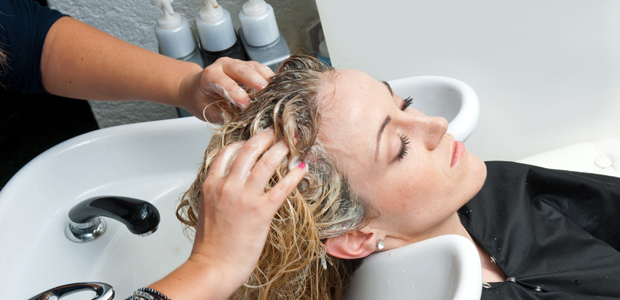Advertisement
Hairdressers screening for cancer while snipping
You may have thought your hairdresser was simply a stylist. But it turns out your hairdresser may also be your first-stop health screener. A US survey of stylists indicates that many hair professionals look for suspicious spots and moles on their customers’ scalps and necks while they are washing, colouring, or styling. Though the survey … Continued

You may have thought your hairdresser was simply a stylist. But it turns out your hairdresser may also be your first-stop health screener. A US survey of stylists indicates that many hair professionals look for suspicious spots and moles on their customers’ scalps and necks while they are washing, colouring, or styling.
Though the survey by Harvard researchers, published in the Archives of Dermatology, was limited in scope, it did point out that skin cancer screening could be incorporated into a broad range of services such as massage therapy, manicures, and hair styling.
They recognized that hair stylists and other personal care professionals have a unique view of areas of their customers’ anatomy that are difficult for the individual to see. In the case of hairdressers, this could be the back of the head and neck.
These are areas where melanomas accounted for 6 percent and 10 percent respectively of all melanoma deaths (in the US) between 1973 and 2003. The high fatality rate may be due to the difficulty of finding suspicious spots or lesions in these hard-to-see areas.
The researchers saw an opportunity for skin cancer education across these personal care service industries. This would empower service providers to help in the early detection of skin cancers on “high-risk anatomic areas among individuals who are unaware of their suspicious lesions.”
For more information about ways to reduce cancer risk, read our article, “10 ways to reduce cancer risk.”
And next time you enjoy a visit with your stylist, remember she may be doing much more than just snipping while she works!





